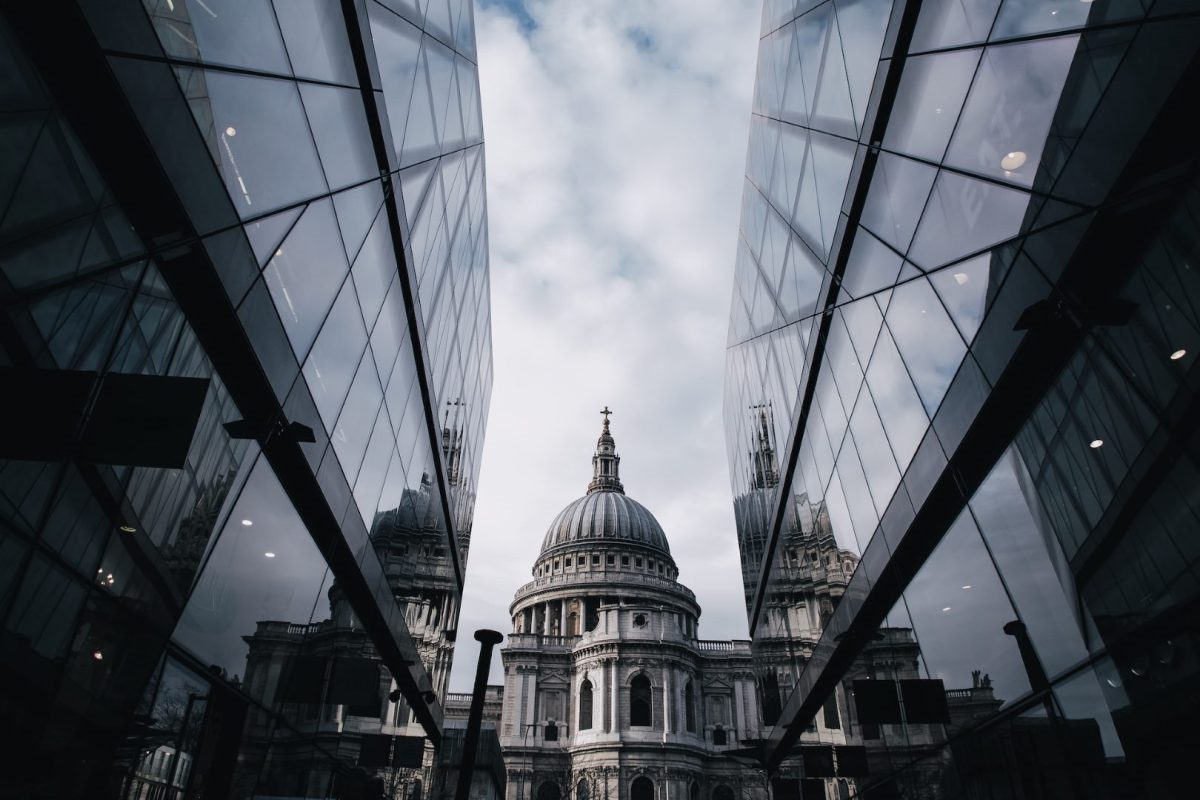Vienna – How Has Vienna Changed since the end of the Cold War?
Vienna has experienced profound changes since the fall of the Iron Curtain, and these changes have been especially striking since joining the European Union in 1995. Formerly a city divided between East and West, Vienna is now fast-becoming one of the most cosmopolitan cities in Europe. This guide will explore the cultural, economical, political, and social changes that Vienna has undergone in recent years.
Cultural Changes
Since reunification, Vienna has culturally blended elements from both East and West. Today, there is an eclectic array of art galleries, music venues, and performance theaters. The eclectic art scene is the result of an influx of international migrants brings their own culture to Vienna. This helps to enhance what the city has to offer, giving visitors a vibrant cultural experience.
Vienna has also experienced a growth in international cuisine, with many new restaurants serving food from around the world. This includes Italian, Turkish and contemporary cuisine, popularly found in areas around Viertel. The city has become renowned as a creative hub, with many new independent stores and cafés opening up in traditional residential areas.
Economic Changes
In terms of its economy, Vienna stands out as one of Europe’s most important business hubs. The city is home to some of the continent’s most important companies and corporations, including H&M, Hi-tec, RWD Austria and automotive giant Automobilindustrie GmbH. Major international organisations such as OPEC and the United Nations Industrial Development Organisation have their base in Vienna, making use of its prime location in central Europe.
As a result of this economic growth, Vienna has seen significant economic development in recent years, including the construction and improvement of public transportation. This includes the Vienna Mittelland Bahn, which facilitates journey times from eastern districts to the city centre in just 20 minutes.
Creating jobs for local people is an important priority for local government, with a focus on providing training and apprenticeships to help equip citizens with necessary skills for permanent employment. Vienna regularly offers job fairs that provide training opportunities and match job seekers with companies in their area.
Political Changes
Since joining the European Union in 1995, Vienna has experienced a shift from an authoritarian state to a democracy. This has been managed through a transition from direct leadership under the Socialist Party to multi-party parliamentary democracy. The transition has seen freedom of press increased, freedom of assembly and demonstrations allowed, and further civil liberties granted to citizens.
The city is currently served by a multiparty government made up of Leftist Greens, Social Democrats and conservative parties. Although all parties are represented in government, there is strong support for Leftist Green leaders who are leading the transition towards greater democracy in line with European Union regulations.
Social Changes
The influence of Vienna’s European Union membership has been felt not just in politics, but also in wider society. The city today is more diverse, with many overseas migrants adding to its population and culture on a daily basis. This includes people from Turkey and African nations, as well as Central and Eastern European nations including Poland and Slovakia.
Vienna boasts one of the highest living stands in Europe and, as such, many young people have chosen to make it their home. But with high living standards come high costs of living and concerns over social inequality. The city is making efforts to address this imbalance by offering more affordable accommodation and cracking down on corrupt practices that contribute to poverty.
Finally, initiatives such as “Smart City Vienna” have been launched to promote urban innovation and help build a sustainable future. This program promotes green energy sources such as solar power, as well as energy efficient initiatives such as electric vehicles powered by renewable energy sources. It is hoped that these initiatives will help to make Vienna a cleaner, greener urban area while creating jobs and sustainability.
Since the fall of the Iron Curtain Vienna has experienced dramatic changes. It is now one of Europe’s most vibrant cities thanks to increased migration pattern’s and improved economic prosperity. Its population is more diverse than ever before, while cultural offerings have improved each year. Vienna’s move towards democracy has been welcomed by locals who are now able to enjoy greater civil liberties – while initiatives such as Smart City Vienna are creating new job opportunities while promoting sustainability.As this guide from Vienna-Now showcases, there are many reasons to visit this iconic city today!
Table of Contents

